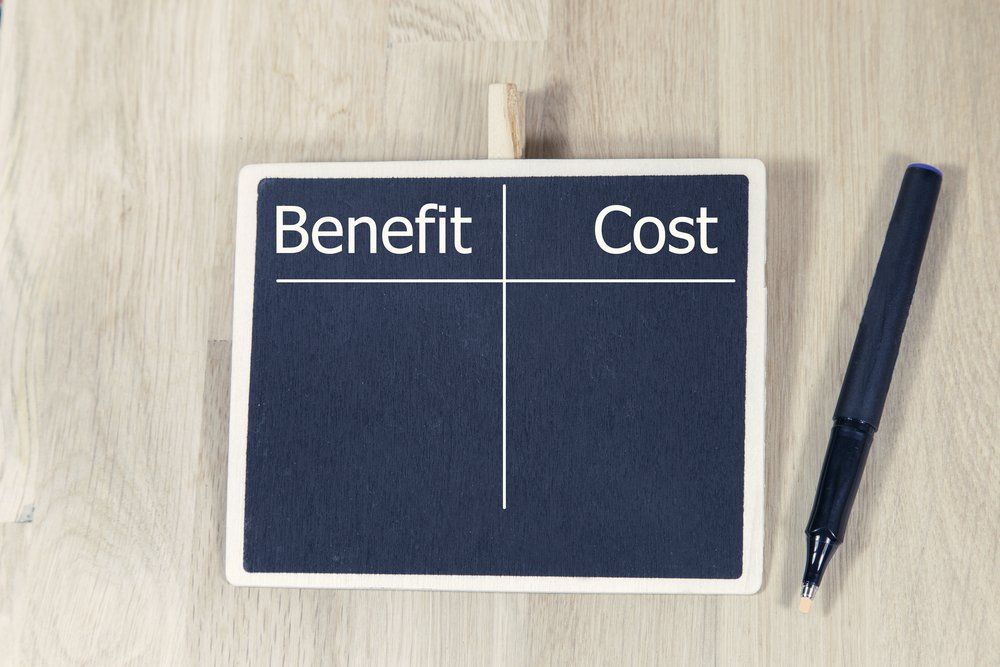If you have a life insurance policy, you may decide to sell it to a third party to obtain the payouts before your death. (Learn More: How Does My Life Insurance Policy Influence a Viatical Settlement?)
When you sell your policy for a one-time cash payment, it is called a viatical settlement. There are practices, financial trends, and some regulations that limit how much your viatical settlement is worth. (Learn More: What Are Some Limitations to a Viatical Settlement?)
Calculating the viatical settlement payout is difficult because of the many factors that influence what it is worth. However, this guide will help you understand some of the many steps, limitations, and risks you should look at before deciding to sell your life insurance benefits. (Learn More: Viatical Settlement Regulations)
Influence of Your Life Insurance Policy
To be eligible for a viatical settlement, you must currently have a life insurance plan in place.
Insurance plans provide a set amount of money for beneficiaries in the event of your death, which can help a spouse pay off living expenses or funeral costs, or provide for college-age children who need help to pay for tuition. Life insurance policies have a cash surrender value or an estimate of what they are worth if a policyholder needs to sell it or use it as collateral.
A viatical settlement can be obtained if you are terminally ill and feel you would be better off using the money from your life insurance policy prior to death. Generally, you must have an estimated life expectancy of 24 months or less, and you must provide proof of your medical condition.

Viatical settlements are relatively new. They began when the AIDS crisis provided a need for policyholders to sell off their life insurance policies because of a suddenly shorter lifespan. Once you obtain your cash payment, the third party will own the policy and receive its benefits upon your death.
Financial Limitations and Risks of a Viatical Settlement
Viatical settlements are risky, both for the seller and the buyer. On the seller’s end, it is difficult to estimate how much your payout will be because the buyer of your policy is essentially investing in a possible death. Even with a doctor’s evaluation, life expectancy can be very unpredictable.
Most people who want a viatical settlement tend to be age 65 or older or have a terminal disease. Policies worth at least $100,000 or higher are most desired for these settlements. Assuming that you may get 50 to 80 percent of what your policy is worth, you could net anywhere from $50,000 to $80,000 if your policy is worth $100,000.
There are some risks you should consider:
- You can sell your policy to a third party directly. Leaving the task up to the broker means they expect a commission, which will cut into your payout.
- Not all states have licensing requirements for brokers or agencies looking to purchase your life insurance policy.
- The Internal Revenue Service (IRS) also has specific regulations and requirements you need to be aware of to ensure that your viatical settlement is not taxed as income.
- While you look for a third party, your health condition will be revealed to interested parties, which means information about you is being shared. This can be a privacy issue for some.
- You need to make sure no creditors can come after your settlement once you sell your policy.
- Some buyers have a contract clause that allows you to return the money in case the viatical settlement was not the best decision for you.
Viatical Settlement Regulations
Forty-five states across the country and Puerto Rico have regulations in place that oversee viatical settlements. States with these regulations manage these transactions through their insurance office.
You usually have to own your life insurance policy for some time before you can sell it. In some states, you only need to wait two years to attempt to get a viatical settlement. Others make you wait as long as five years.
States have different laws, but these regulations are generally in place:
- Brokers, agents, and providers of viatical settlements should be licensed.

- Your agent, broker, or provider should let you know about any tax liabilities you may have after obtaining your settlement.
- You should be informed of alternatives to obtaining a viatical settlement, such as using an accelerated death benefit rider.
- Some states have laws allowing you to sell your policy before the waiting period ends.
If you choose a viatical settlement, get as many quotes as possible to ensure you get the best deal. Before committing to work with a broker, agent, or provider, do your research and make sure no complaints have been filed against them.
Frequently Asked Questions
What is the average payout for a viatical settlement?
Calculating a set dollar amount is impossible. Typically, viatical settlements are worth more if the person’s life expectancy is short and the policy amount is high. If you do not have knowledge in this field and hire a broker, you likely have to pay them a commission, which will cut into your payout.
Are there regulations or laws that protect me as I try to obtain a viatical settlement?
Up to 45 states and Puerto Rico have regulations that oversee viatical settlements. In states with these regulations, the state’s insurance office is in charge of managing this activity.
Check with your state’s insurance office and corroborate whether or not your provider, agent, or broker is licensed. Make sure no complaints have been made about them.
Seek out as many offers as possible from legitimate agencies to ensure you get the best deal.
References
Viatical Settlement Definition. (February 2018). Investopedia.
Viatical/Life Settlements. (2011). State of New Jersey Department of Banking & Insurance.
Viatical Settlements. Better Business Bureau.
Life Settlement Defined. (September 2019). Investopedia.
Selling Your Life Insurance? Proceed With Caution. (January 2010). AARP.
Life Settlements: Selling Your Life Insurance Policy. (January 2017). NerdWallet.
Do Beneficiaries Pay Taxes on Life Insurance? (August 2019). Investopedia.
Life Insurance Policies: How Payouts Work. (August 2019). Investopedia.
Viatical Settlements Explained. (May 2019). Mason Finance.
















































